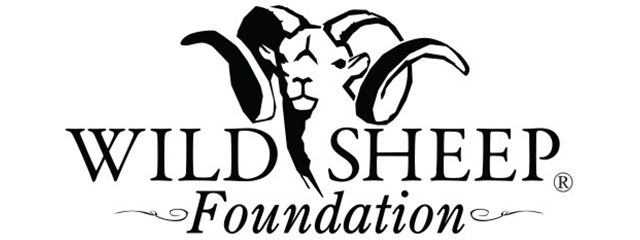Montana Bighorn Tag Auctioned at the Sheep Show
“We’re honored,” explained Gray N. Thornton, President, and CEO of the Wild Sheep Foundation. “This is what we do. Raise critical funding for wild sheep conservation that is not available from any other source. In this case, from passionate hunter-conservationists willing to step up for the opportunity to hunt a special animal and give back in a big way to that resource.”
2023 will be the 37th consecutive year WSF has put this tag up for auction at its annual convention. In its first year (1986), WSF raised $76,000. In 2022, the successful bid was $360,000. Over the past ten years, the Montana Tag has averaged $348,500.
“It’s safe to say that the increase in the value of this special permit over the years is a testament to the successes achieved in maintaining and growing bighorn populations in Montana,” added Kurt Alt WSF’s Conservation Director for Montana and International Goat and Sheep Programs. “Besides being known for producing record-class rams, Montana is also blessed with a robust population of bighorns allowing for ram, either-sex, ewe, and five unlimited/quota unit sheep tags to be available in an annual public draw and one Super Raffle tag. Without these funds dedicated to wild sheep conservation and management, there would simply be less sheep.”
The record amount raised from this Montana Tag was $480,000 in 2013. Since 1986, this bighorn sheep conservation permit has raised a staggering $8,020,000.
“We honored with the trust Montana Fish Wildlife and Parks places in WSF to sell this tag for the state,” Thornton continued. “We must thank all those passionate wild sheep hunters who have successfully bid or tried to over the years. We must also thank all the staff and biologists at the agency who do the work and put these funds to good use for the betterment of this iconic species in the Treasure State. A treasure for a treasure. I like how that sounds.”
In over 40 years since its formation, WSF has raised and put on the mountain more than $115 million, resulting in an incredible wildlife recovery success story. Through wild sheep transplants, research, water development, predator management, educational outreach and many other WSF initiatives, the numbers of Rocky Mountain, California and desert bighorn sheep have soared threefold in North America, from around 25,000 in the 1950s to 85,000 today.


